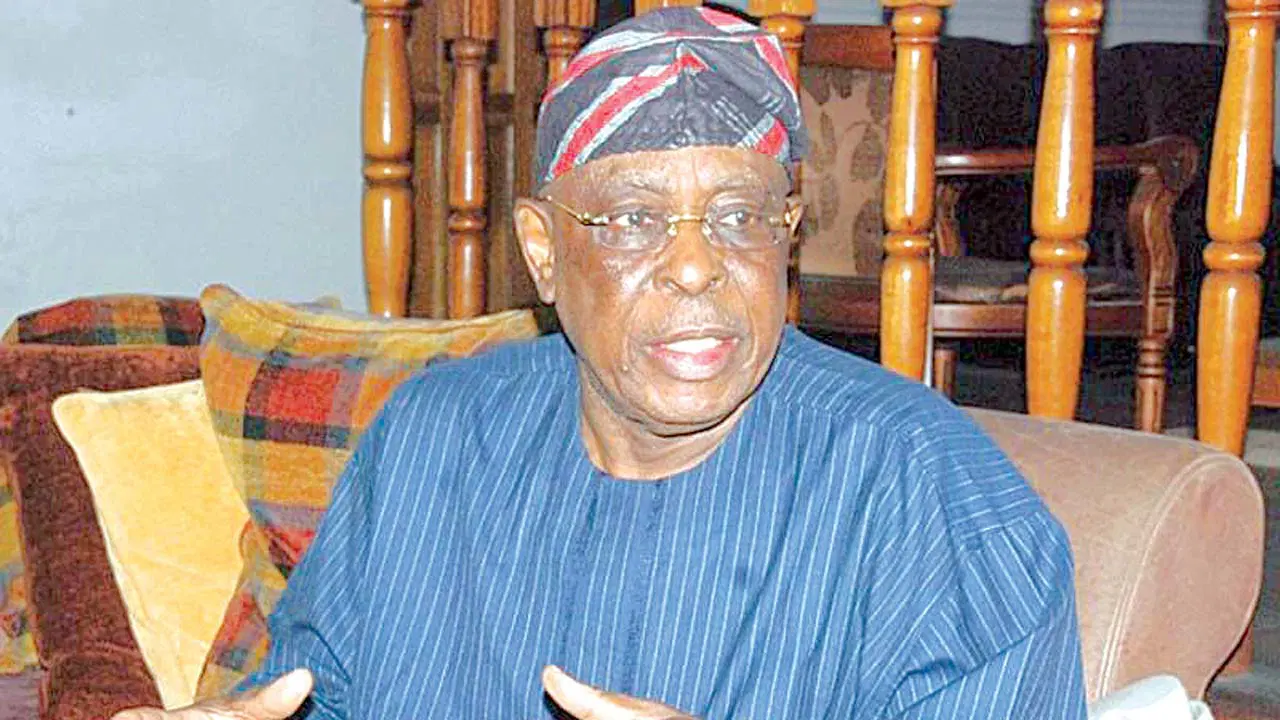Financial inclusion of the adult population in Kaduna State has increased from 36 percent in 2018 to 57 percent in 2023.
This was disclosed by Oluwatomi Eromosele, general manager & research lead at EFInA at the Kaduna State Bureau of Statistics (KDBS) event in partnership with Enhancing Financial Innovation & Access (EFInA) and other key stakeholders.
According to her, this is significant and commendable progress; however, several disparities still exist, with women, farmers, business owners, the rural population, and the poor more likely to be formally excluded.
“From a developmental point of view, when we look at financial health, which looks at how well people spend, save, plan, and manage risk in ways that enable them to be resilient and pursue opportunities, we see that just nine percent of adults are financially healthy.
“Additionally, 85 percent of adults are food insecure, and three-quarters of adults have gone without medication due to a lack of resources. This picture is similar across all states,” Eromosele said.
During the event, KDBS and EFInA showcased several reports from the Bureau between 2022 and 2023 and the impact of these findings on policy and government interventions in Kaduna State.
Read also: Financial inclusion lessons Nigeria can learn from China, India, US
Baba Bukar, the statistician-general, during the report presentation of the Access to Financial Services in Nigeria (A2F) Kaduna deep dive survey report, revealed that financial inclusion has grown from 45 percent to 64 percent between 2020 and 2023 driven by an increase in formal financial services.
Despite this, there is a prevailing disparity in gender across rural and urban populations.
Also, Uba Sani, the state governor, represented by Hadiza Balarabe, the deputy governor, said that financial inclusion was not just a policy objective, but the cornerstone of a broader economic empowerment strategy.
She acknowledged that the report highlighted Kaduna’s progress in ensuring that financial services are accessible to all segments of the population especially those in the rural areas, poor, vulnerable and underserved – through innovative solutions aimed to bridge the financial inclusion gap bringing banking services closer to every citizen and supporting the entrepreneur’s spirit of the people.
“The findings from this report will be used to plan and allocate resources for the 2025 budget. This budget aims to support programs that can improve livelihoods and promote financial inclusion”, she said.
Umar Sani, the senior special assistant of KADSIPA, noted that social investment programmes have benefited from financial inclusion initiatives,”
Commenting on the significance of the event, Chinasa Collins-Ogbuo, EFInA advocacy lead, said, “Kaduna has set an impressive and progressive pace, and we are keen to see other States leverage the A2F 2023 sub-national data to drive informed development actions. We invite you to contact us for partnership as we work together to drive impactful initiatives that advance financial inclusion for all Nigerians.”

 3 hours ago
4
3 hours ago
4







